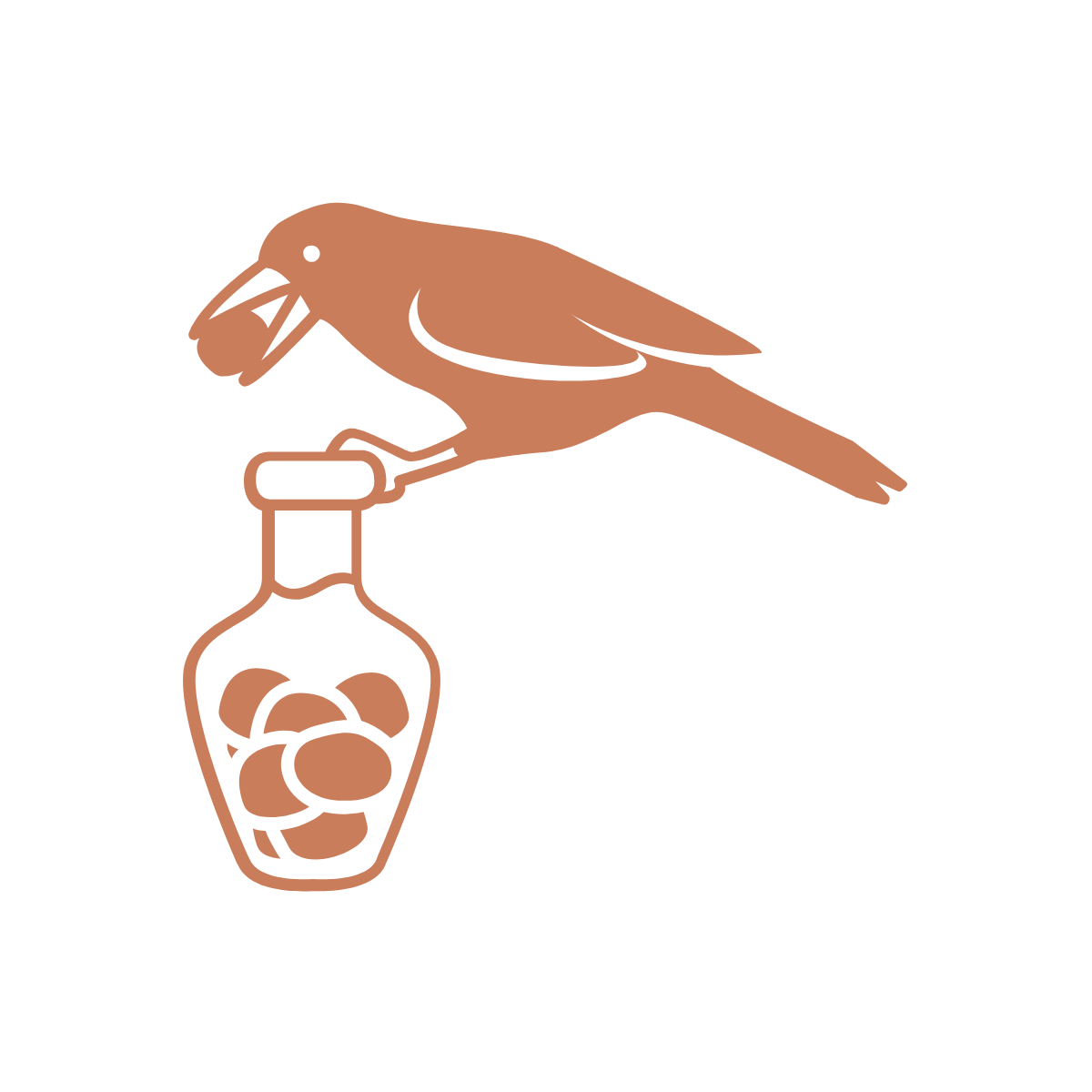Welcome to the After Truth
I originally presented this at the Rhetoric Society of America conference in 2018. I am sharing here inspired by the recently published New York Times piece on Bruno Latour by Ava Kofman.
What activates the post-truth? The term as we understand and deploy it marks a moment when and a disposition within which we cease to care about, reside in, or answer to the truth, which generally stands in for the empirical truths of science, and, perhaps, the archival truths of the humanities. And it is hard to deny this is so. I despise nostalgia, but those of us recalling better, more reasonable, more realistic days might have a point. Maybe we are, in fact, at the end of someone’s whiggish history.
But the presence and precedent of the post-truth isn’t my point.
With my brief remarks, I want to hear the expression “post-truth” otherwise, in another, hopefully, more durable way. In short, I hear post-truth as decidedly not about not caring about the truth. As I hear it, hear the performance of what we call the post-truth, I feel it as a disposition that emerges once one believes that they have already determined and so are now in possession of the “truth.” One is post-truth insofar as they reside in a moment in which their truths have already been established. And this establishment activates, justifies even, what comes next. What wouldn’t one do for the truth?
Heard this way, post-truth is old news. Plato’s writings, many of the ones important for rhetoricians, work precisely through the temporality of truth and truth’s interface with civics. Plato struggles mightily and earnestly with these questions, but sometimes the answers he composes are troubling. The Phaedrus seems to activate a grotesque propaganda: what wouldn’t one do to save their beloved? TheRepublic winds up with some immigration policies we might very well object to: if I have to hear one more lyre solo, I am gonna lose it.
What I want to posit is a post-truth where post resonates with the post in posthumanism. Bear with me for a moment because, for some, posthumanism might be worse if also another contributing factor to the post-truth disposition. Why, oh why, did we let Donald read Donna? I don’t hear the post in posthumanism as a temporal distinction, as in that which comes after the human is over. I hear the post as not what comes after but as what goes after: as what doggedly pursues the human as an open question worth continual investigation and, to borrow from Rosi Braidotti, “pragmatic experimentation.”
I am not at all suggesting that we attempt to lead an STS-armed rhetoric of science charge to rebrand the term in popular discourse. What we shouldn’t do, however, is let the term bully us away from our disciplinary commitment to “show our work,” as Latour has put it. I am hear thinking of S. Scott Graham’s fairly recent and really fiery critique of the I Fucking Love Science Facebook group. He writes, “While I genuinely support the idea of a community devoted to sharing scientific ideas (and even ideals), it is deeply problematic when the advancement of those ideas is built primarily on appeals to an unimpeachable scientific authority” (529). Indeed, closing ranks around authority, in addition to being intellectually spurious, is, at this point, politically ineffective. The problem, the problem, with arguments from authority is that they require, in the end, some species of authority. But NASA is now administered by someone with no background in science. Flat Earthers run the EPA. Know nothings run the Department of Education and any number of institutions and infrastructures within which we’d hope to see the truth circulating. There is no authority from which to argue anymore. Science does not have that kind of authority any more, assuming, and this is Scott’s important point, we should want for such an authority in the first place. Perhaps, the spirit shouldn’t be willing for what the flesh can’t even deliver.
For me, then, the question(s) of post-truth isn’t a philosophical problem of epistemology; it is a rhetorical question about our capacities to compose a world we want to inhabit, which might often be a world over against some other, possible world. The stakes here are ontological. The trials of strength differ here. How do want to live, to be, and how hard, how much do want to live that way?
The phrase “post-truth” is odd because it names what is for some an epistemological dream, but it also describes a political, ontological nightmare. What I am saying is that it names something we don’t like: being unconcerned with the “truth,” or more properly the authority of the institutions that compose the truth. But it also names a desire that moves through scientism: the end or ends of epistemology—the establishment of a truth unquestioned. Don’t we all hope to be post-truth in that sense of having arrived there, finally, after so much wondering around? So it isn’t only the premature, sloppy arrival at the post-truth that troubles me, but also the desire, the drive, to be post-truth: to live when and where the truth has already been established. This is why, for instance, and even in the traumatic context of an administration running roughshod over the institutions of the empirical, Neil Degrass Tyson’s call for a “virtual country” named Rationalia sends a shudder down my spine.
We are always on our way to truth and so we also never fully and finally arrive at it. The truth is the work of experimentation and experience. Such a post-truth acknowledges and advocates for the value of science (and Science’s unique constellation of values) without ever risking post truth. But this post-truth is durable precisely because it’s impeachable. Durable because it never ends. There is no after it; there is only being after it.


